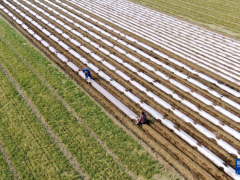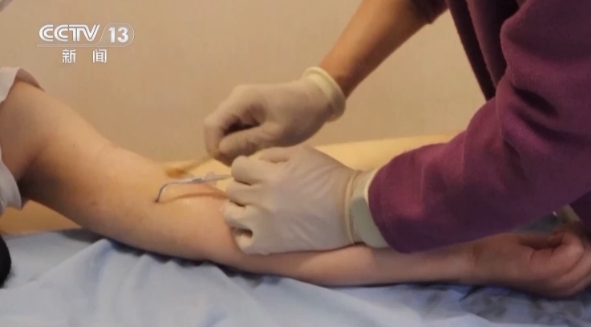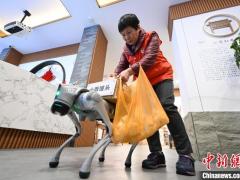
,), African swine fever is a highly contagious and often fatal disease that affects pigs. It has been a significant concern for livestock producers worldwide, particularly in regions where the disease is prevalent. The disease is caused by the African swine fever virus (ASFV), which is highly resilient and can survive in the environment for extended periods.
The spread of African swine fever is primarily facilitated through contact with infected animals or contaminated materials. This includes direct contact with infected pigs, consumption of contaminated food products, or exposure to contaminated surfaces. Farmers and veterinarians must be vigilant in identifying the symptoms of ASF in pigs, which include high fever, loss of appetite, and skin hemorrhages.
Preventing the spread of African swine fever requires strict biosecurity measures. These measures include controlling access to pig farms, proper sanitation of equipment and vehicles, and ensuring that feed and feed ingredients are not contaminated. Additionally, rapid detection and reporting of suspected cases are critical to containing outbreaks and minimizing economic losses.
The impact of African swine fever on the global pork industry has been substantial. In countries where the disease has become endemic, pork production has declined significantly, leading to increased prices and market instability. The economic consequences of ASF extend beyond agriculture, affecting related industries such as feed production, transportation, and retail.
In recent years, there have been concerted efforts to develop vaccines and improve disease management strategies. However, finding an effective vaccine has proven challenging due to the complex nature of the ASFV. Researchers continue to work tirelessly to understand the virus better and develop interventions that can protect pigs and ensure the sustainability of the pork industry.
Farmers and policymakers must remain proactive in implementing and enforcing biosecurity protocols. Public awareness campaigns can also play a crucial role in educating consumers and stakeholders about the risks of ASF and the importance of adhering to preventive measures. By working together, the global community can mitigate the impact of African swine fever and safeguard the future of pork production.
非洲猪瘟 #生物安全措施 #疫苗研发 #经济损失 #疾病管理

期待值拉满!今年国之重器的目标看热血了
人民日报微博

耕耘春天
新华网

非法闯入我海空!几个细节,看穿菲律宾拙劣伎俩
央视新闻客户端

利用DeepSeek卖货到全球,网友:义乌老板是会做生意的!
央视新闻客户端

“春捂”到底该“捂”哪儿?“捂”好这3处很关键
央视新闻客户端

周末我国大部分地区气温偏低 预计下周回暖
中国天气网

缅方遣返111名妙瓦底园区中国籍人员
央视新闻

2月电影总票房破150亿 《哪吒2》成绩亮眼
央视新闻客户端

5年后,花5万就能买个人形机器人做家务?
中新经纬

退役≠报废 新能源车旧动力电池如何变废为宝?
央视新闻客户端






















































